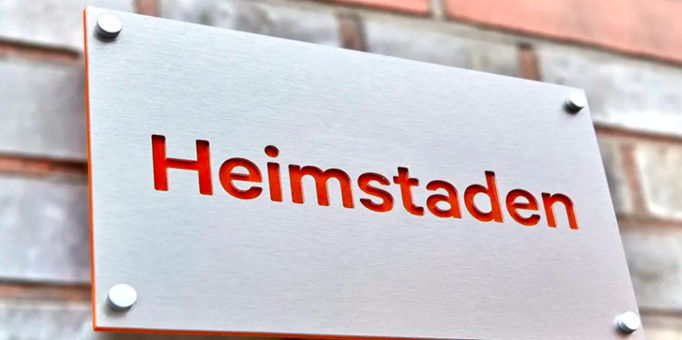In a turn of events reflecting the volatile nature of the European property market, two of Sweden’s leading property companies found themselves grappling with substantial losses in their 2023 financial reports. SBB, Sweden’s largest commercial landlord, and Heimstaden, a major property investor with holdings across Europe, both announced significant writedowns, highlighting the challenges posed by the recent downturn.
SBB reported a staggering loss of over 22 billion crowns, accompanied by a more than 13 billion crown writedown in property value. Heimstaden, on the other hand, faced a pre-tax loss of 29 billion crowns, with a massive 31 billion crown writedown in the value of its investment properties. These developments sent shockwaves through the market, with Heimstaden’s preferential shares plummeting over 30% following a downgrade by Fitch and the company’s decision to defer hybrid bond interest payments.
Despite these setbacks, both companies expressed cautious optimism, suggesting that the worst may be over. SBB’s CEO, Leiv Synnes, noted that the company had likely weathered the worst of the negative asset value developments, while Christian Fladeland, Heimstaden’s deputy CEO, stated that he was “moderately optimistic” about the prospects for 2024. Fladeland also highlighted the potential for stabilization in the residential property markets in Germany and Sweden, indicating that valuations could begin to level off in the coming year.
However, challenges remain, particularly in Sweden, where a significant portion of the population is heavily indebted due to high levels of mortgage lending. Sweden’s central bank chief, Erik Thedeen, sounded a note of caution, highlighting the commercial real estate sector as a potential source of instability for banks. Thedeen’s remarks underscored the need for continued vigilance in the face of ongoing market uncertainties.
Despite the challenges ahead, both SBB and Heimstaden are actively seeking solutions to navigate the current environment. SBB recently announced a deal to secure additional funding by offering a collection of properties as security, while Heimstaden has taken steps to shore up its cash flows by deferring dividend payments and hybrid bond interest. These measures, coupled with a cautiously optimistic outlook, suggest that both companies are determined to weather the storm and emerge stronger in the long run.
(Source: Reuters | BNN | Republic World)









